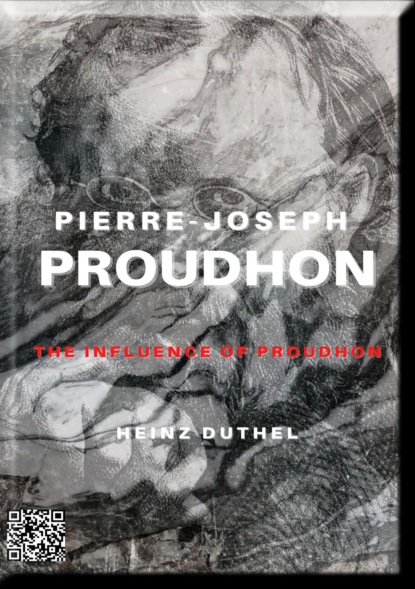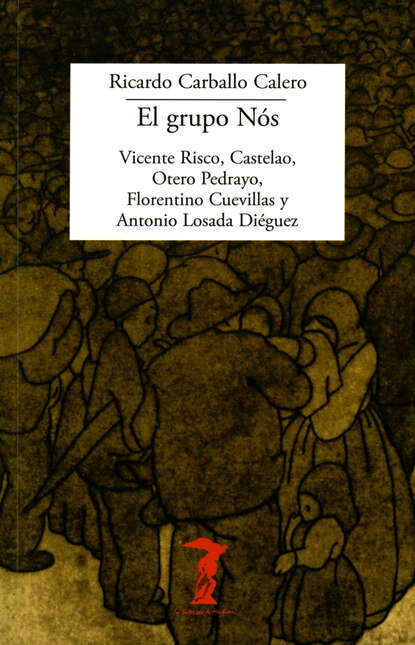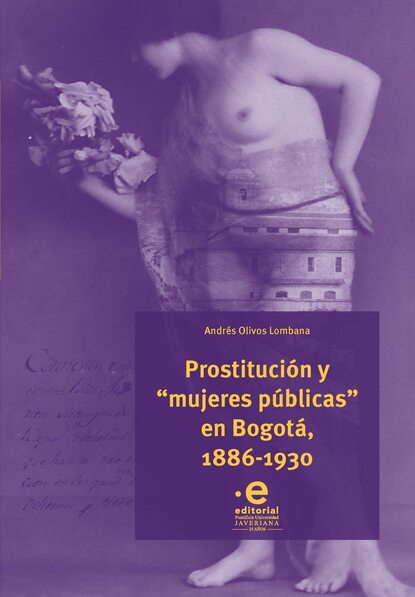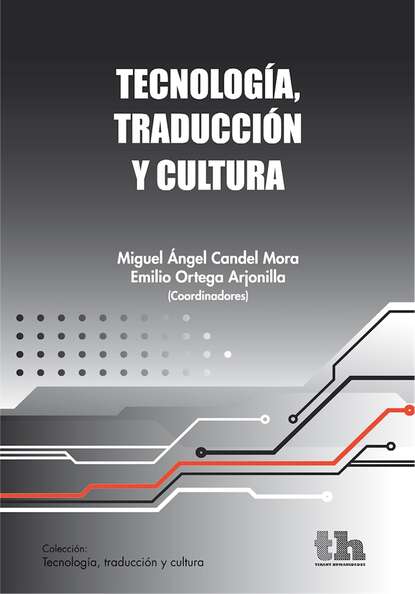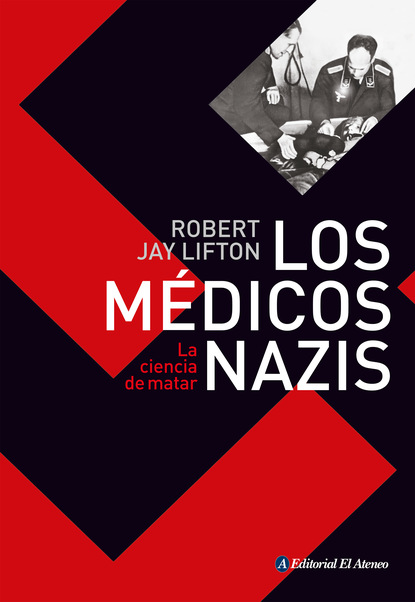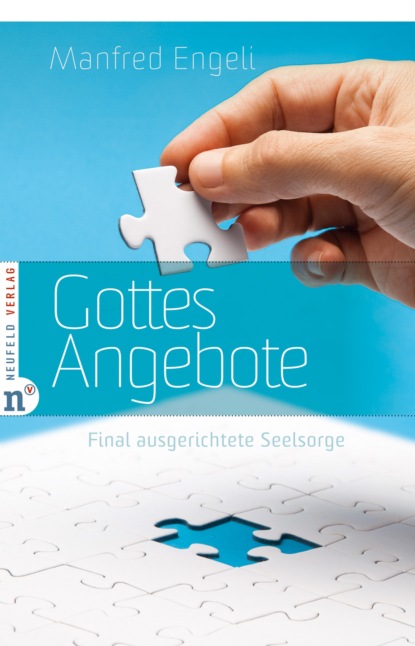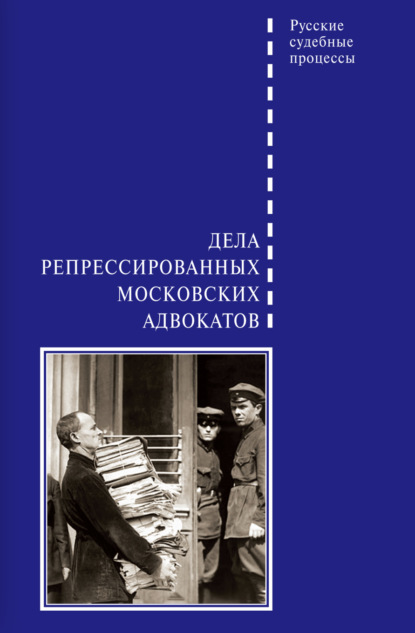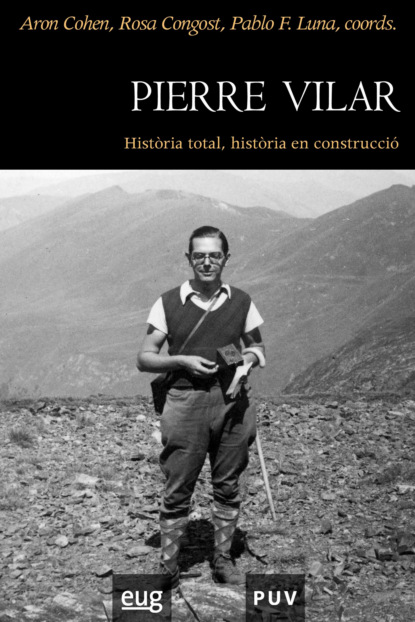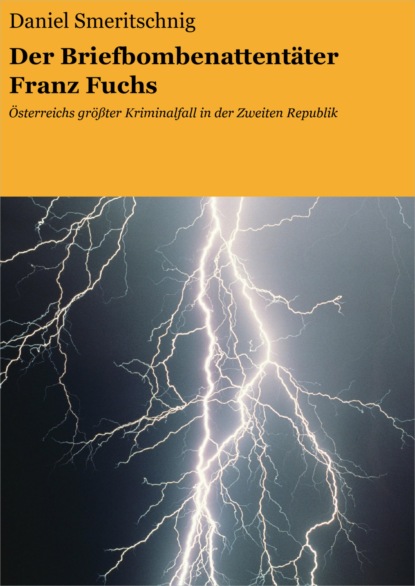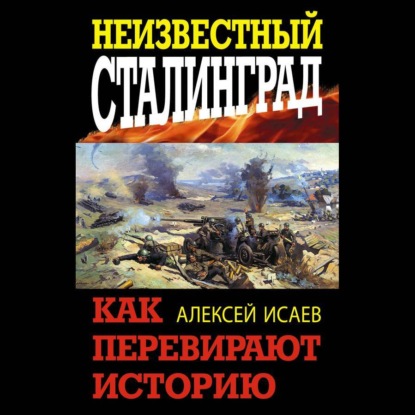Он родился в республиканской семье, родители которой были антифеодалами и восходили к свободным крестьянам. Пьер-Жозеф гордо провозгласил себя «потомком великой породы» и долгое время ощущал гордость, не меньшую, чем Гайринатс. Его материнская бабушка, старый солдат, сражавшийся с местными тиранами до революционных времен, а мать – как известно, была примечательна своей добродетелью и республиканскими взглядами. «Это – подлинное благородство крови. Я – дворянин».
The family of Pierre-Joseph Proudhon spanned time immemorial, from centuries past, when they were considered free peasants. Proudhon himself was full of self-esteem equal to the Guerinantes. "His mother had virtues... was republican in ideas". "I am a noble". Proudhon would later depict himself as such.
His father was also proud, but divided amongst himself; Proudhon traced his ancestry to disputes, strife, and ambition. One branch thrived and fell, bringing a reputable lawyer to the fore, while the other struggled barely past an existence.
Despite this, Proudhon espouses family pride and values. His father though a cooper, a barley breeder, one who struggled, is plainly honorable and willing to work hard, although he's more focused on producing at cost than making a buck.
Aside from all, Proudhon maintains a moral code for business practices. It cuts both ways; a morally just, though generally immaterialist, way to do business can lead to immense success, while a less just way to go about it leads to destitution. At the time, this outlook seemed entirely sympathetic, especially as it kept Proudhon running afoul of modern capitalistic decision-making.
Электронная Книга «PIERRE-JOSEPH PROUDHON (EN)» написана автором Heinz Duthel в году.
Минимальный возраст читателя: 0
Язык: Немецкий
ISBN: 9783753191584
Описание книги от Heinz Duthel
'My ancestors on both sides were free peasants, exempt from feudal servitude from time immemorial'; there remained to Proudhon all his life a family pride as great as that of a Guerinantes; be was born of no proletarian or servile stock. Had not his maternal grandfather, the old soldier, withstood before the revolution die local tyrannical squire, and was not his mother 'noted for her virtues and for her republican ideas'? 'This is real nobility of race. I myself am a noble.' His father's family, the Proudhons, was noted for obstinacy; one branch had risen in the world, had entered the middle classes and produced an eminent lawyer, but the poorer connections were far from playing the role of poor relations; they had their share of the pride, that was to be so marked in their most famous kinsman. Proudhon's father was a cooper and, for a time, a brewer. He was, doubtless, an honest and industrious man, but unsuccessful in his business. Later, Proudhon attributed his father's financial disasters to his incorrigible habit of selling his beer at the 'just price', that is, at the cost of production, instead of imitating the rest of the brewers who sold at a profit. Not only that, the elder Proudhon was careful about the character of his customers, and so lost money by refusing to let women enter his shop. Others were not so scrupulous, and 'having grown rich by prostitution … married their children off to the best people, while my father's children have found nobody'. The lesson learned here was never forgotten; there was a morally right way of doing business; there was a morally wrong way of doing business; but in modern society the right way led straight to bankruptcy, the wrong way to wealth and honour. Society must be made safe for honesty and a world be created in which the children of an honest man like Claude-Francois Proudhon should not be embittered by having their father's honesty in hunger and humiliation.
